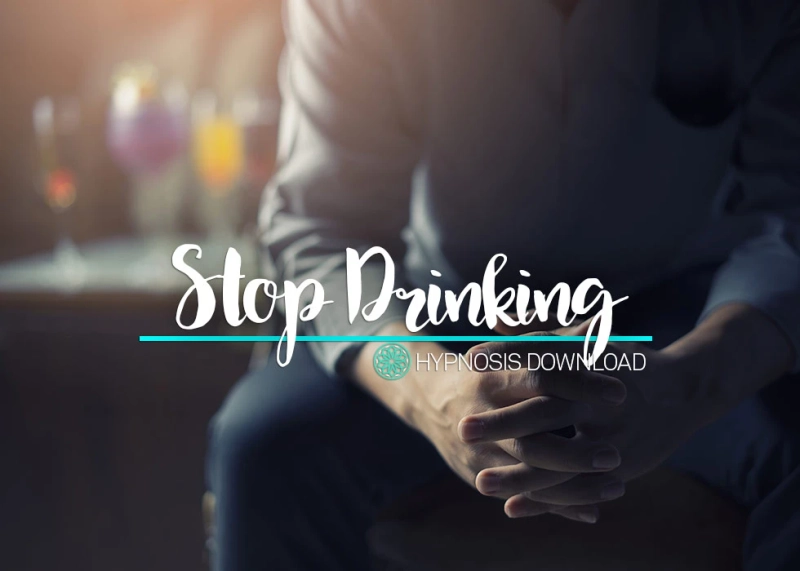Alcohol addiction is a widespread issue that affects individuals from all walks of life, causing significant harm to both physical health and overall well-being. For those caught in the grip of alcohol dependency, breaking free from its hold can seem like an insurmountable challenge. However, there is growing evidence to suggest that hypnosis can be a valuable tool in overcoming stop alcohol hypnosis addiction and reclaiming control over one's life.
Hypnosis, often misunderstood and misrepresented, is a therapeutic technique that induces a state of deep relaxation and heightened suggestibility. In this state, individuals are more receptive to positive suggestions and imagery, making it an effective method for addressing ingrained behaviors and beliefs associated with alcohol consumption.
One of the primary benefits of hypnosis in treating alcohol addiction is its ability to access the subconscious mind, where deeply rooted patterns of thought and behavior reside. Unlike conscious efforts to quit drinking, which often rely solely on willpower and may overlook underlying emotional triggers, hypnotherapy works at a deeper level to identify and address the root causes of addiction.
During a hypnotherapy session aimed at stopping alcohol consumption, individuals are guided into a state of deep relaxation where they can explore their relationship with alcohol in a safe and supportive environment. Through techniques such as visualization, suggestion, and cognitive restructuring, hypnotherapists help clients challenge negative beliefs about alcohol, weaken cravings and triggers, and develop healthier coping mechanisms.
One of the key components of hypnosis for alcohol addiction is the process of reprogramming the subconscious mind to associate alcohol with negative consequences rather than pleasure or relief. By repeatedly reinforcing positive suggestions such as disgust or aversion towards alcohol, hypnosis helps individuals break free from the subconscious connections that drive compulsive drinking behaviors.
Moreover, hypnosis can be instrumental in addressing the emotional issues that often underlie alcohol addiction, such as stress, anxiety, depression, or unresolved trauma. Through guided imagery and suggestion, hypnotherapy empowers individuals to confront and process these emotions in a constructive manner, reducing the need to self-medicate with alcohol.
Numerous studies have highlighted the effectiveness of hypnotherapy as a complementary treatment for alcohol addiction. Research published in reputable journals such as the Journal of Consulting and Clinical Psychology and the International Journal of Clinical and Experimental Hypnosis has shown that hypnosis can lead to significant reductions in alcohol consumption, increased abstinence rates, and improved overall well-being among participants.
It's important to recognize that hypnosis is not a standalone solution for alcohol addiction, nor is it a quick fix. Rather, it is a valuable tool that can be integrated into a comprehensive treatment plan alongside other evidence-based therapies and support services. Success with hypnotherapy requires commitment, motivation, and active participation from the individual seeking treatment.
In conclusion, hypnosis offers hope for those struggling to break free from the cycle of alcohol addiction. By accessing the subconscious mind and reshaping deeply ingrained thought patterns and behaviors, hypnotherapy can empower individuals to overcome their dependency on alcohol and embark on a journey towards lasting sobriety and improved well-being. If you or someone you know is battling alcohol addiction, consider exploring hypnosis as a powerful adjunct to traditional treatment methods, offering a path towards a brighter, alcohol-free future.
See more information Click here: https://jasondemant.com/quit-alcohol-hypnosis/


